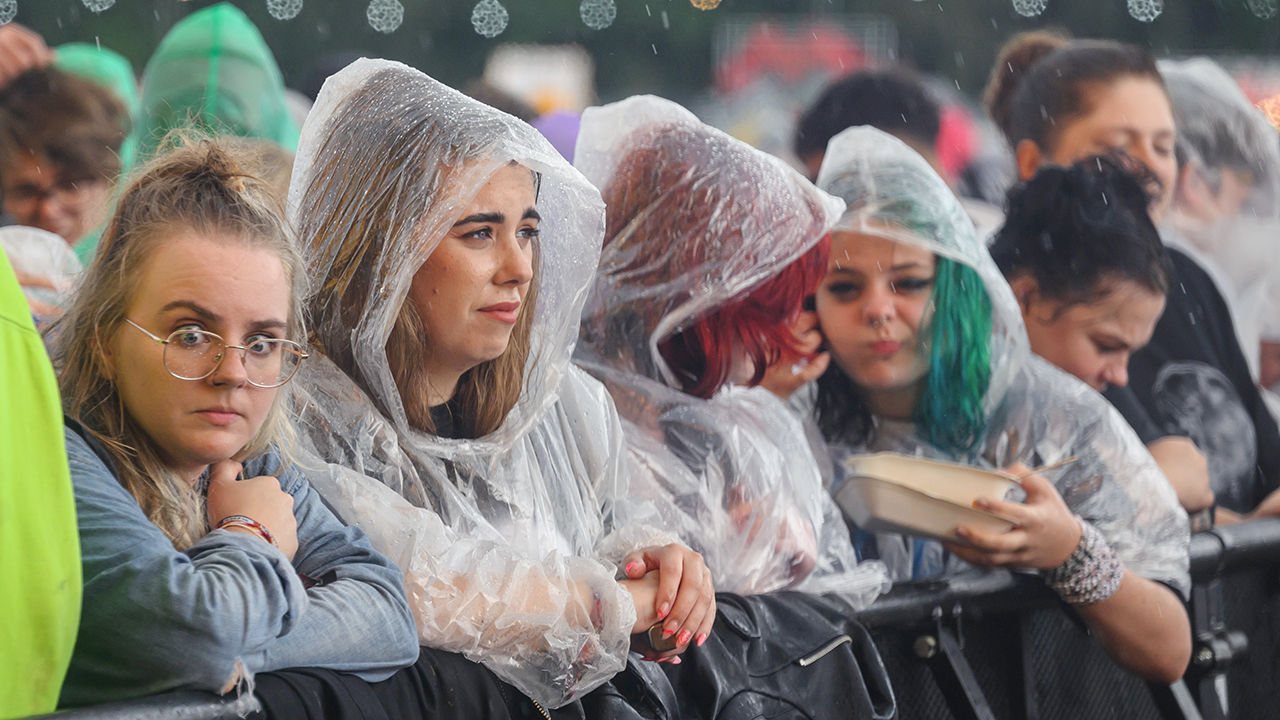
Regular attendees at Burning Man, an annual week-long festival in the Nevada desert, normally scramble to buy tickets. This year they are scrambling to sell them. The gathering of hippies and billionaires, which begins on August 25th, has failed to sell out for the first time since 2010. Tickets with a face value of $575 are being flogged on the secondary market at less than half-price.
Wild weather may be putting some people off: recent years have seen both record-breaking heat and torrential rain, leaving festival-goers scorched and stranded in mud. But Burning Man is not the only event having a tough year. In April Coachella, America’s biggest music and arts festival, failed to sell out. So did the Reading and Leeds festivals, which began in Britain on August 21st. More than 50 British festivals have been cancelled so far this summer.
Higher costs are partly to blame. The lockdowns of 2020-21 put many live-events companies out of business, reducing the supply of everything from lighting technicians to portable toilets. When pent-up demand was later unleashed, the result was soaring prices. Costs are the main reason cited for cancellations this year in Britain, according to a tally by the Association of Independent Festivals. The hottest events can pass these costs on to consumers: this year’s Glastonbury festival quickly sold out, despite tickets costing 43% more than in 2019. But those outside the A-list are struggling to persuade fans to cough up. In May Jennifer Lopez cancelled a concert series amid reports of weak sales.
Festivals have also been hurt by changes in listening habits. Algorithmic recommendations by streaming platforms like Spotify have funnelled fans into niches, making the market more fragmented than in the days when everyone listened to the same radio charts. As listeners divide into tribes, from K-pop to hip-hop, it becomes harder to organise a festival lineup with broad appeal, says Will Page, a former chief economist at Spotify. Events focused on a single musical genre are doing better than general-interest ones, he says: today’s fans “go to echo chambers, not festivals”.
The fragmentation of listenership also makes festivals trickier for mainstream artists, who can no longer rely on a rapturous reception. In June Rita Ora tried to get a crowd at the Mighty Hoopla festival in London to join in with one of her songs, but no one knew the lyrics. In April, when a Coachella crowd was unmoved by a performance from Blur, its frontman, Damon Albarn, scolded them: “You’ll never see us again so you might as well fucking sing it.” Enthusiasm for festivals, it seems, is waning all round.■
To stay on top of the biggest stories in business and technology, sign up to the Bottom Line, our weekly subscriber-only newsletter.
















